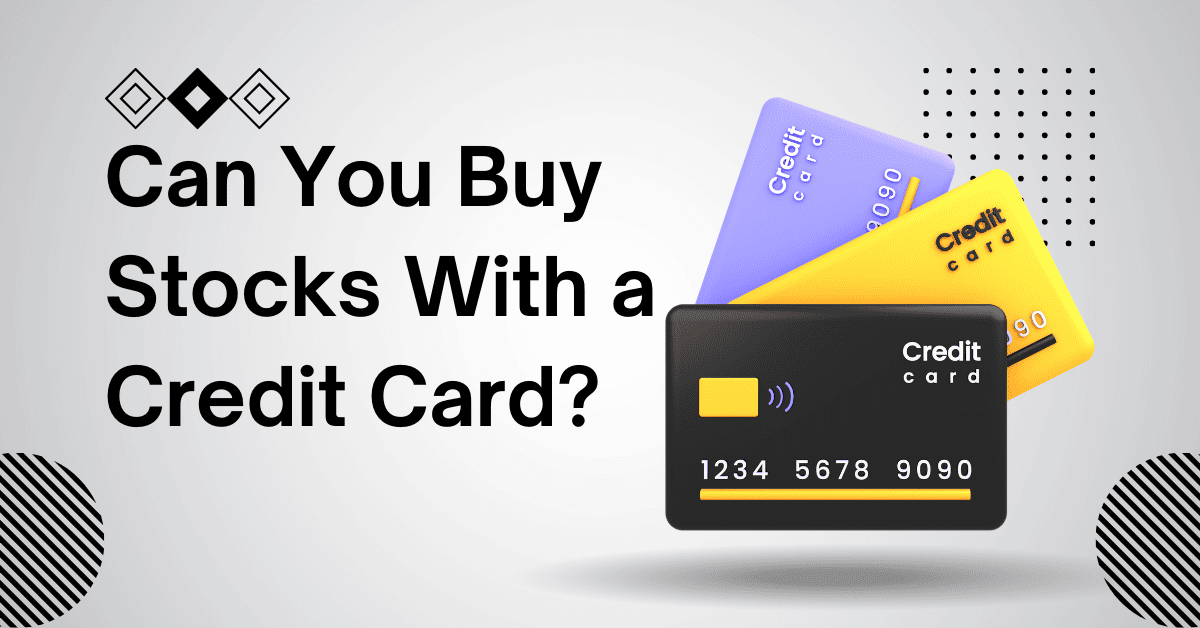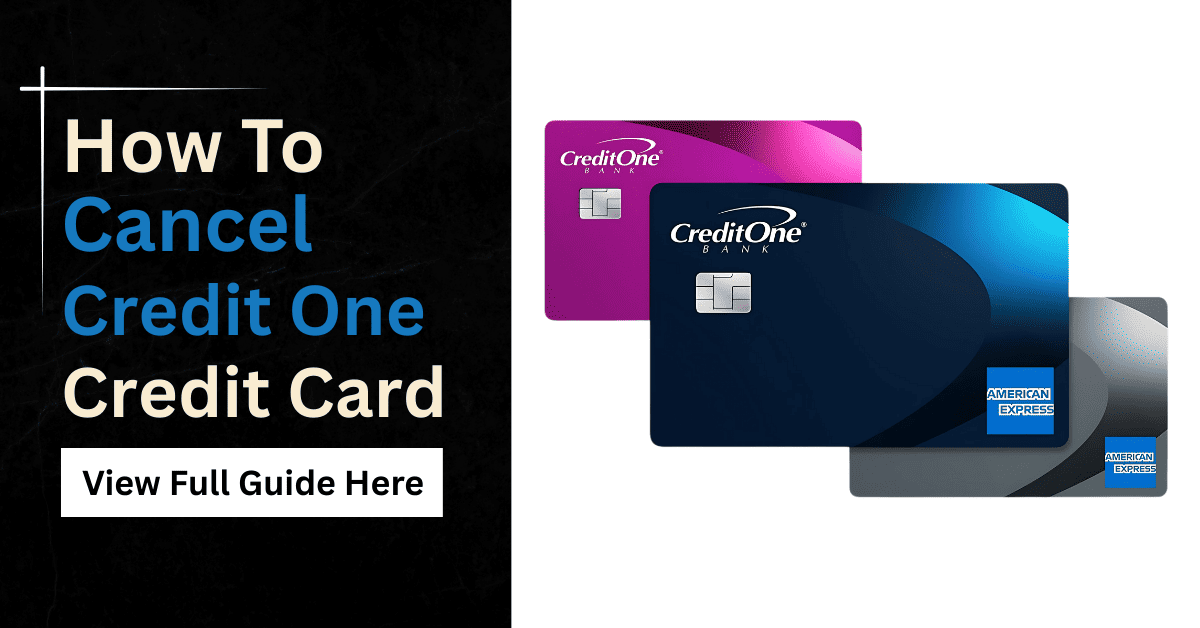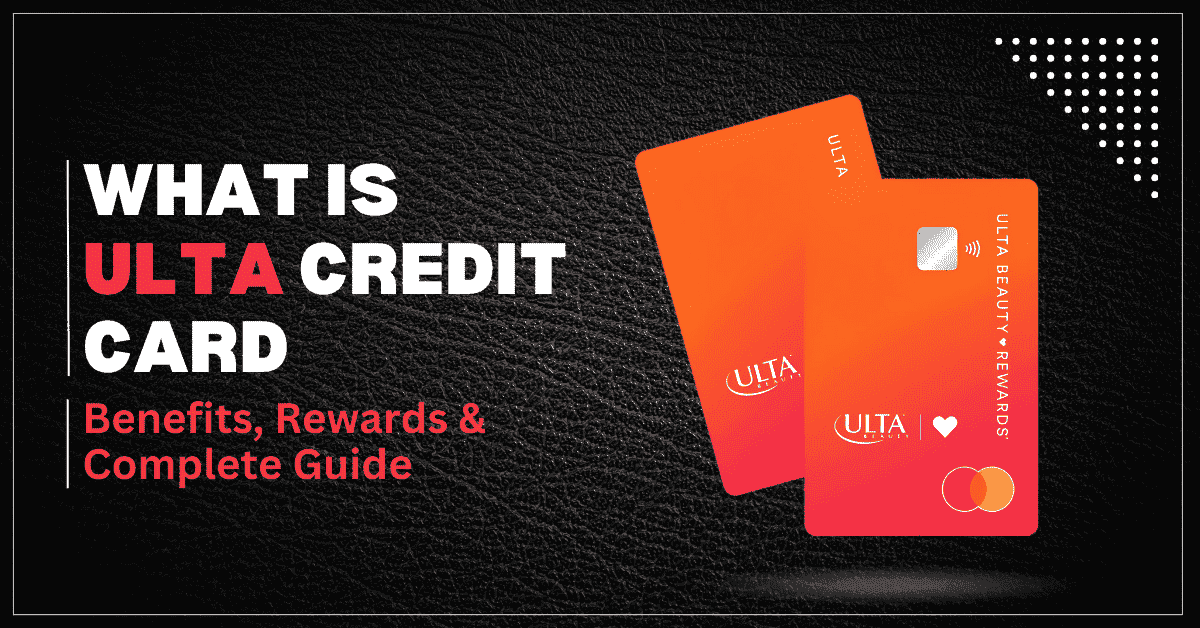1. Introduction
People have often thought, “Can You Buy Stocks With a Credit Card?” You’re not the only one. Many new and experienced investors want to know if they can use their credit cards to quickly fund their stock purchases. This is because of the growing number of online trading apps and fast payments.
Credit cards are easy to use, provide you benefits, and let you buy things as soon as possible. When it comes to investing in the stock market, though, it’s not only about whether or not you can do it; it’s also about safety, cost, and strategy.
This article will tell you all you need to know about purchasing stocks using a credit card: if it’s possible, how some investors do it, the risks involved, and better ways to develop your wealth without going into credit.
2. Can you buy stocks using a credit card?
The short answer: Not directly.
Most broker businesses, including major companies like Charles Schwab, Fidelity, and TD Ameritrade, as well as app-based ones like Robinhood and Webull, don’t let you buy stocks directly using a credit card.
Why Don’t Brokerages Accept Credit Cards?
- Fears about regulations: The Securities and Exchange Commission and FINRA don’t like dealing in credit because it comes with a lot of risks.
- Credit card transactions can be removed, which is badp;for dealers.
- Protects investors by keeping new trades from taking out high-interest loans.
Because of this: It will almost always be rejected if you try to add a credit card to your brokerage account.
3. What Happens When You Use a Credit Card to Buy Stocks?
The following things usually happen when you try to use a credit card to buy stocks:
- Transaction Declined: Most brokers just don’t accept credit card payments.
- Cash Advance Fees: If you use an app or ATM to get cash, your bank might consider it as a cash advance.
- Interest starts immediately, which is different from typical financial transactions.
- Higher Risk Profile: Your account might be noticed for dangerous behaviour by both brokers and card providers.
In brief, you might be able to discover indirect ways to get a credit card transaction to go through, but they usually don’t work. It frequently adds fees and debt risks instead of offering you more money to invest.
4. Indirect Ways to Buy Stocks With a Credit Card
Some buyers use indirect ways to buy things even though they can’t be bought directly. Let’s look into them:
4.1. Using Payment Apps (PayPal, Venmo, Cash App):
Apps like PayPal can be used to put money with some suppliers. Your credit card can be linked to PayPal, so you could use this method to pay your broking. All of them, though, treat it like a cash loan and charge extra fees.
4.2. Getting Funds from your Credit Card:
Apps like PayPal can be used to put money with some suppliers. Your credit card can be linked to PayPal, so you could use this method to pay your broking. All of them, though, treat it like a cash loan and charge extra fees.
You can use your credit card to get cash, put it in a bank account, and then use that money to pay your broking.
But Check-out:
- Cash Fees (usually between 3% and 5%)
- Absolutely no break time (interest starts right away)
- More expensive Charges than buying from broker
4.3. Move Cash to your Bank Account:
You can move the amount of some credit cards direct into your bank account. It’s possible to invest that money later. Since this might have no interest rate for a short time, there are still risks if the stock market doesn’t do what was expected.
4.4. Buying Stocks on Different Websites:
Fintech applications may allow you indirectly purchase bitcoin or ETFs with a credit card, but granted stock brokers rarely do.
5. Are There Any Stock Brokers that Accept Credit Cards?
No, you can’t use a credit card to buy stocks directly from authorised U.S. companies like Fidelity, Charles Schwab, Robinhood, or TD Ameritrade. The restriction protects investors from excess high-interest loans.
But there are a few things to keep in mind:
- Brokers from other countries or abroad: A few less well-known websites say they can take credit card deposits, but these are usually not controlled and can be dangerous.
- Crypto markets and financial apps: Buying crypto or ETFs on some websites is possible with a credit card, but buying individual stocks isn’t generally possible.
- Third-party payment processors: Paypal and e-wallets related to your credit card can sometimes be used to add money to your account without actually using your credit card.
Overall, most stock companies do not accept credit cards as a form of payment. If you find a websitesthat does, make sure it It’s controlled and has a good reputation for security before you send any money. What looks like a practical thing can sometimes be a sign of possible scam.
6. Can You Buy Stocks With a Credit Card Internationally?
Credit cards can be used to pay some brokers or trading platforms in some abroad markets, but this is not popular or suggested.
Learning these things is important:
- Abroad brokers: Some abroad or out of control brokers may accept credit cards, but investors aren’t always safe with these shops.
- Higher fees: deposits made with an international card may come with fees for changing currencies, making transactions in abroad currencies, and paying more interest.
- Government differences: Rules are different in each country, and some areas have less strict rules that could make scams more likely.
- Issues about security: If you pay foreign agents with a credit card, you could be open to scams or charges you didn’t allow.
In short, if you find a broker in another country who lets you pay with a credit card to buy stocks, that’s generally a bad sign. Always check the platform’s license, rules, and reviews before making a decision like this.
7. Pros & Cons of Buying Stocks With a Credit Card
Pros:
It’s not a good idea, but let’s look at the possible benefits:
- Quick Payment: No need to wait for a Bank transfer.
- Credit Card Rewards: Some buyers think it’s important to collect cash back or trip points.
- Leverage: Getting access to more money than you have in the bank.
Cons:
But the bad things are much greater than the good things:
- A Lots of fees: Credit cards usually have fees of 18% to 30% APR.
- Credit risk: Slowing markets and high credit card balances may result to an a financial failure.
- Extra Fees: An extra 3% to 5% cost up front.
- Broker limits: Most brokers don’t let direct transactions happen.
- Damage Credit Score: Using a lot of Credit can damage your FICO score.
In short, it’s almost never a good idea to use a credit card to buy stocks.
8. Risks of Investing in Stocks with Credit Card
Let’s talk about the risks in more detail:
- Interest Is Higher Than Returns: You’ll lose money if your credit card charges 25% a year and your savings grow 7% a year.
- Changes in the market: Stocks can drop quickly, leaving you with losses instead of gains.
- Debt Cycle Trap: Using one credit card to pay off another adds to your debt.
- Less flexibility: Having a high amount makes it harder to get credit for situations.
The Securities and Exchange Commission says that using loans with high interest rates to trade stocks is one of the riskiest things an owner can do with their money.
9. More Secure Ways to Buy Stocks With Credit Card
Instead of asking, “What’s the safest way for me to fund my investments?” Ask “Can you buy stocks with a credit card?”
This is a better choice:
- Bank Transfers / ACH Deposits: The most common, safe, and free method.
- Debit Cards: Some companies use a debit card to add money immediately.
- Wire Transfers: There may be small fees for money transfers, but they are quick.
- Broker Margin Accounts: Margin accounts are better than credit cards if you want to carry a lot of loans.
- Saving First, Investing Later: Having a lot of cash on hand keeps you from having to spend with loans.
10. How to Get Money for Investments (Without Hurting Yourself)
In order to find out if you can buy stocks with a credit card, here are some useful steps you can take:
- Check the Rules of your Broker: Most of them won’t take credit cards. Instead, look for ways to pay by ACH, card, or wire.
- Be Careful with Secondary Methods: For example, if you want to use PayPal or a cash loan, you should first figure out the fees and interest.
- Credit Card APR vs. Projected Returns: If APR is higher than possible ROI, don’t move forward.
- Look into other options: Savings plans or margin accounts may offer better ways to borrow money.
- Be Smart about your Investments: Never put money into something you can’t afford to lose.
11. FAQs: Can You Buy Stocks With a Credit Card?
11.1. Why don’t brokers allow credit card purchases?
Because it puts clients at too much danger and makes the broker responsible for the losses.
11.2. Is it Legal to Use a Credit Card to Buy Stocks?
Yes, but most dealers don’t let you do that. There are only informal ways that can be used, like cash transfers and PayPal.
11.3. If I Pay, Can I get Credit Card Rewards?
Technically Yes, if you use an app that is tied to your card to pay your investments. However, the fees usually outweigh the rewards.
11.4. Are there any Companies that accept Credit Card?
Most dealers in the U.S. don’t do this. Some platforms that are based abroad or that aren’t controlled may, but they face big security risks.
11.5. How can I spend my money in the best way?
Banking methods like bank payments, ACH, and debit cards are safe, cheap, and generally accepted.
Conclusion:
Can you use a credit card to buy stocks? Yes, but only in an indirect way, which is almost never a good idea.
Credit cards are fast and give you benefits, but they are also dangerous for buying in stocks because they have high interest rates, hidden fees, and the risk of getting into more and more debt.
If you want to use advantage, you should keep to trusted methods of boosting your account, such as ACH payments, debit cards, or margin accounts.


